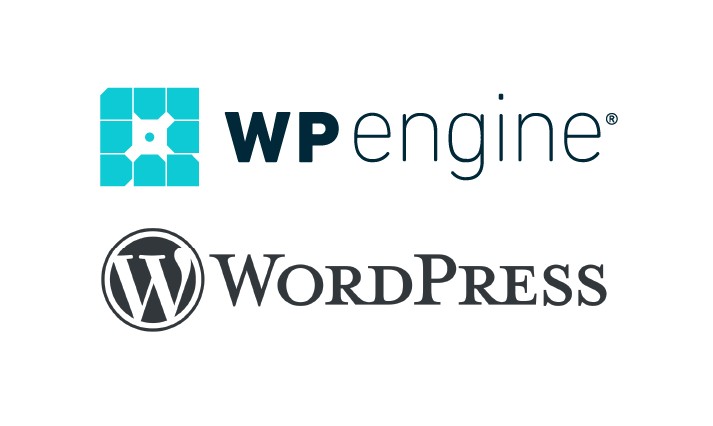The WordPress platform, which powers a large part of the internet, is facing a major legal dispute. Automattic, the company behind WordPress.com, and WP Engine, a popular hosting provider, are locked in a conflict that could impact the future of the WordPress community.

What Caused the Dispute?
The trouble started with disagreements over how much WP Engine contributes to the WordPress open-source project. Matt Mullenweg, the co-founder of WordPress and CEO of Automattic, accused WP Engine of benefiting from WordPress without giving back enough to the community. He even called the company a “cancer” in the WordPress ecosystem.
In response, WP Engine denied the claims and filed a lawsuit against Mullenweg and Automattic. They accused them of unfair practices like blocking WP Engine’s access to WordPress.org resources and interfering with its Advanced Custom Fields (ACF) plugin.
What’s Happened So Far?
Here’s a breakdown of the key developments:
- Legal Actions: WP Engine has taken Automattic to court, accusing them of defamation and abuse of power. Automattic has denied the accusations and filed a motion to dismiss the lawsuit.
- Reduced Contributions: Automattic has cut back the time it spends supporting the WordPress open-source project. Previously, they contributed thousands of hours per week but are now only focusing on essential updates, like security fixes.
- Court Injunction: A judge ordered Automattic to stop blocking WP Engine’s access to WordPress.org and to allow them to continue using WordPress resources.
Why Does This Matter?
WordPress is an open-source platform, meaning it relies on contributions from companies and developers to keep growing. When disputes like this happen, it can disrupt the entire community and slow down progress.
The outcome of this legal battle could set a big precedent for how open-source projects and the businesses around them are managed in the future.
Where Do Things Stand Now?
As of January 2025, the issue is still unresolved, with both companies preparing for more court hearings. Many in the WordPress community are worried about how this conflict will affect the platform and its collaborative spirit.
For now, all eyes are on how this situation unfolds and what it means for the future of WordPress.